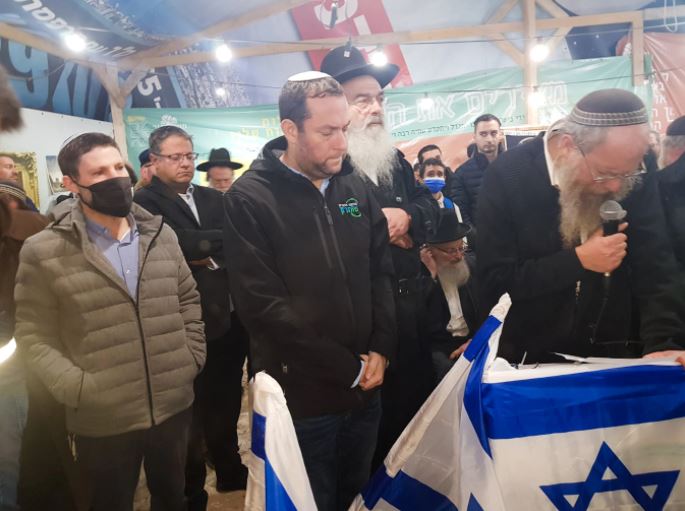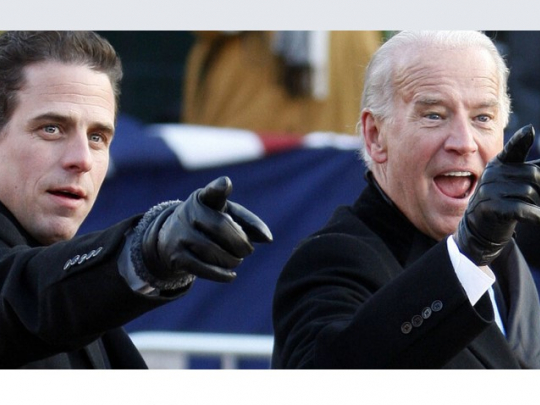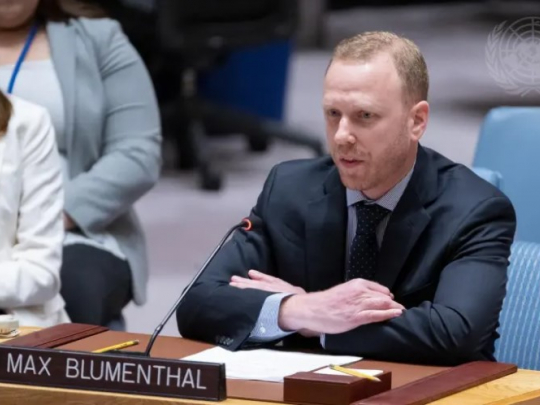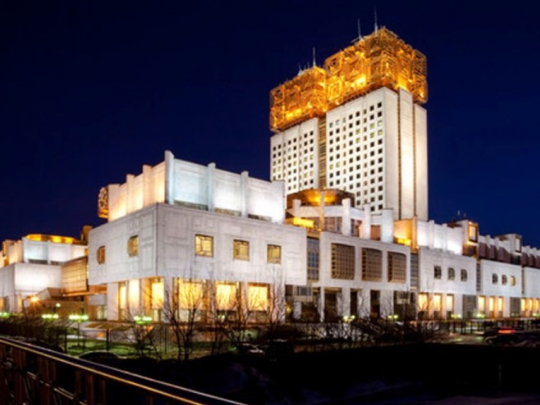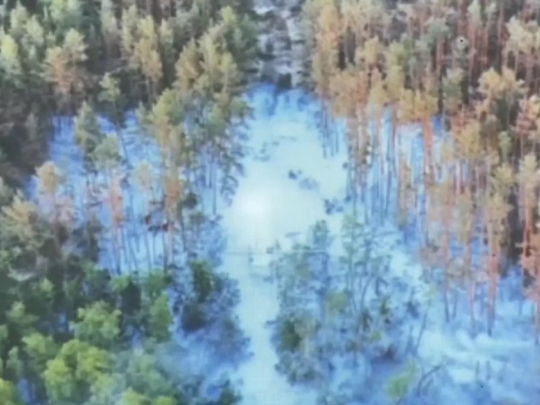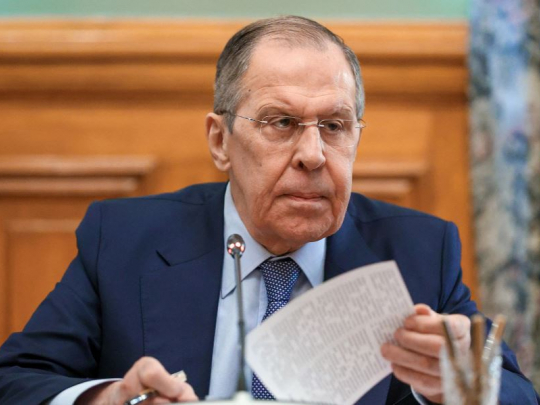US on Homesh Attack: Use of Force in Self-Defense is Only for Israelis, Not for Palestinians
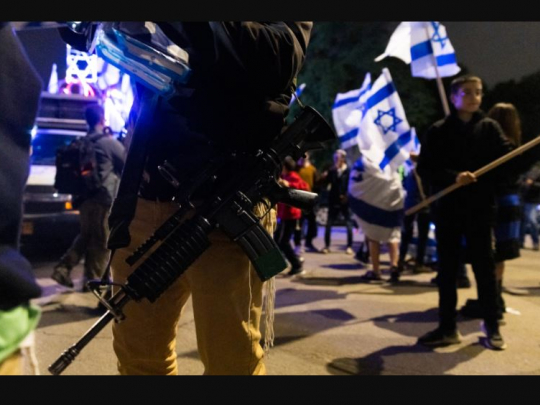
The issue of illegal Jewish settlements is in the news again, this time owing to a recent attack by Palestinian fighters who opened fire on a car carrying Israeli settlers in the northern West Bank. One of the settlers was killed and two were injured as their car was traveling near what Israeli sources call an “illegal settlement” named Homesh, an outpost erected and maintained without Israeli government or military permission. The settlers were traveling home to another settlement, Shavei Shomron. Settlers in the region are militant fanatics known to be particularly violent, and have on numerous occasions attacked Palestinians who live in neighboring villages.
International law
According to Amnesty International, “Israel’s policy of settling its civilians in occupied Palestinian territory and displacing the local population contravenes fundamental rules of international humanitarian law.” As listed on Amnesty’s website, Article 49 of the Fourth Geneva Convention states:
The Occupying Power shall not deport or transfer parts of its own civilian population into the territory it occupies.
The Geneva Convention also prohibits “individual or mass forcible transfers, as well as deportations of protected persons from occupied territory.” Israel circumvents this by claiming that it is not an “occupying power,” but rather the sole sovereign power in all of Palestine. This view, while not popular or an accurate reflection of the law, is also held by many of Israel’s friends around the world.
A report published this November in France24 says that the United Nations accused Israel of “flagrantly violating international law by expanding settlements in the West Bank and East Jerusalem.” According to the report, the UN also claimed “settlements are illegal” and urged Israel’s government to halt the planned enlargement of settlements immediately.
The France24 report goes on to say that the U.N. Mideast envoy, Tour Wennesland, said in a briefing, “I again underscore, in no uncertain terms, that Israeli settlements constitute a flagrant violation of United Nations resolutions and international law.” Wennesland also characterized the settlements as “a major obstacle to the achievement of a two-state solution and a just, lasting and comprehensive peace.”
Consecutive governments of Israel have made no secret of the fact that they have no interest in a two-state solution, or any other solution for that matter. Since 1967, Israel has done everything in its power to make sure such a solution would not be possible. In October of 2020, the United Nations news site UN News reported that the UN Special Rapporteur for human rights in the Palestinian Territories, Michael Lynk, commented that, “Israeli settlements continue to devour the land that is meant for the independent Palestinian State.” Since consecutive Israeli governments have openly declared that they have no interest in the creation of a Palestinian state, this is hardly surprising. Lynk also added that the international community “observes, it sometimes objects, but it does not act.” Lynk made the comments as the Israeli Defense Ministry’s Planning Committee was approving the construction of close to 5,000 additional homes for Jewish settlers in the West Bank. “It is high time for accountability,” Lynk said.
Jews may live wherever they want
The funeral procession of the settler who was killed in the attack began at the “illegal” outpost where he was killed, Homesh. Several Israeli politicians spoke during the funeral, which took place in Jerusalem. The former mayor of Jerusalem, Nir Barakat, who at one point called on Jewish citizens of the city to carry arms to protect themselves against “Palestinian attacks,” was at the funeral. Barakat is one of several Likud Party members posing a serious challenge to the current party leader, Benjamin Netanyahu.
During the funeral, Barakat said, “Jews are allowed to live wherever they want, and we will protect that right” – thus ending any question that may have arisen regarding the legality, or lack thereof, of any Israeli settlement in Palestine.
Bezalel Smotrich, left, attends the funeral of slain Israeli settler Yehuda Dimentman, 25, December 17, 2021. Photo | Samaria Regional Council
According to The Times of Israel, Bezalel Smotrich, leader of the militant right-wing Religious-Zionist party, said Homesh should be strengthened and further built as a response to the attack. Smotrich said that he believed God “sent Yehuda [the slain settler] to us to instruct us to return to Homesh, to build the Yeshiva, to strengthen Torah at Homesh.” The Homesh outpost was supposed to have been abandoned in 2005 but has since been retaken by a group of settlers.
The US offers no solutions
U.S. State Department spokesperson Ned Price made a statement regarding the attack: “We strongly condemn the terrorist attack today in the West Bank that killed an Israeli citizen and wounded two others. Our thoughts are with the victims of this attack and their families.”
In a press briefing in March, when Price was asked repeatedly by Associated Press reporter Matt Lee “Where do Palestinians go to address their problems?” he refused to give an answer. Then, in May, while speaking of Israel’s right to self-defense, Price said, “The right to self-defense includes the use of force.”
One cannot help seeing the glaring contradictions and double standards in U.S. foreign policy. If Palestinians have no recourse and no one to whom they can turn to address the injustice and violence they face from Israel, and if the right to self-defense includes permission to use force, why then is Price condemning the Palestinian attack against the perpetrators of violence?
Hypocrisy
The term “illegal” Jewish settlement leads one to believe that somewhere out there are “legal” Jewish settlements and the question that begs to be asked is “Where?” Where are there Jewish settlements in Palestine that are legal?
Another question it raises is “What makes a settlement legal?” According to Israel, there is no difference between the legality of Jewish settlements built in the Naqab, the Galilee, Jerusalem, or “Judea and Samaria.”
Furthermore, it should be clarified that settlements are, in many cases, large towns and even cities. The city of Omer in the Naqab is no more legal than Kiryat Araba in Hebron, Ariel in the West Bank, or Ma’ale Edomin on the outskirts of Jerusalem. Practically all Israeli towns and cities are illegal settlements. If we accept the legality of Tel-Aviv, then we may as well accept the legality of Homesh. Israel certainly does. If so, the United Nations and Amnesty International should admit that Israel has no legitimacy, or at least stop pretending to care.
- Source : Miko Peled - Mintpress News




